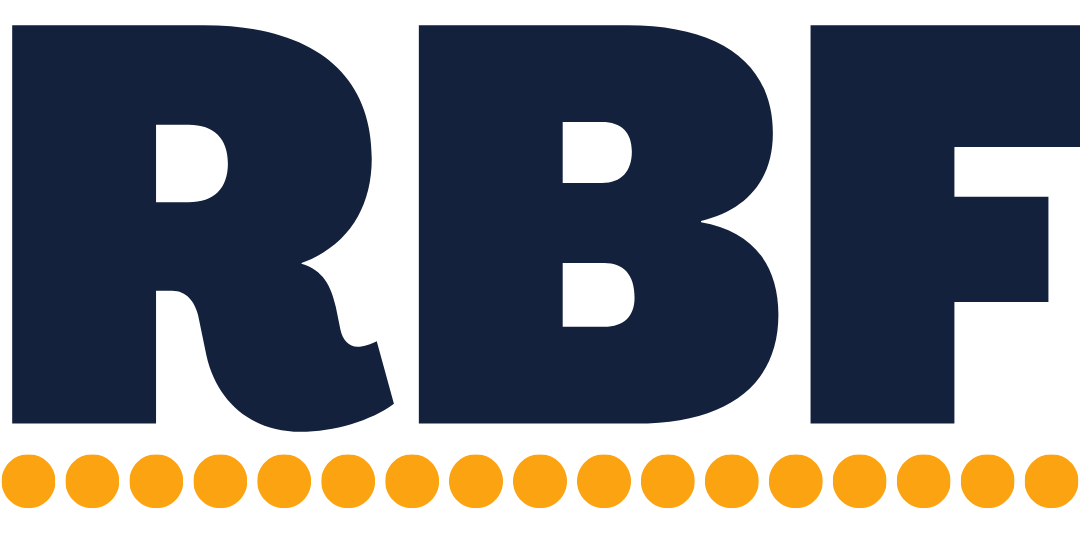Questions to ask yourself before changing course
Constantly learning, iterating, testing, and evolving helps keep your business ahead of new challenges and beating the competition. New innovations can be as simple as new software tools, addon services, or updated deliverables, but can make your business significantly more profitable, efficient, manageable, or competitive. On top of that, rapidly improving can give you a leg up on your larger competition that can’t move as fast due to all their internal bureaucracy. You can test and fully implement new ideas faster than they can even get approval to discuss one.
But, every new idea or plan you test won’t be a winner. Some just won’t work out. (Hell, I’ve had a bunch of absolute losers in the past.) And, recognizing when a plan isn’t working out then cutting early to save time and money is just as important as testing in the first place. But, recognizing when a plan truly isn’t working is also easier said than done. Pivoting too early can cut off a good plan before it’s had enough time to truly succeed because even the best plans need timeee to work. For example, most marketing strategies can take months before you see new leads in your pipeline, let alone an effect on your Profit & Loss report. Quitting a new marketing campaign too soon might mean quitting a great campaign before you had a chance to see its greatness. But, sticking with a bad marketing campaign could waste thousands and time that could’ve been better spent on the next idea.
Questions to ask:
Was it a good plan to begin with? No matter how objective you try to be, how many SWOT analyses you run, or KPIs you measure, some plans will be inherently flawed. Because, in the moment, when you’re planning and launching it, you’ll be too close to see the flaws. You won’t notice them until you’re actively launching it and the flaws are right in your face. And, that’s perfectly okay. If after launching (and not seeing success), you realize it was a bad plan that was inherently flawed, feel free to scrap it or pivot. But, if at its core, the plan still makes sense, stick with it.
If it’s a good plan:
Have I given it enough time to truly fail? Just because a plan isn’t immediately successful doesn’t necessarily mean it won’t be successful in the long-term. Even the best plans need time to grow and produce results. Ask yourself if enough time has passed. Or, are you being impatient? Or, are you just way outside your comfort zone and want to call it early? (True innovation doesn’t happen in your comfort zone.)
Have I allocated enough resources? I’m a big proponent of testing lean then iterating and pouring money into the winning formula. But, everything can’t be tested super lean. Some plans will need a significant commitment of time, money, or other investment to work and, without it, will sputter out.
Has something significantly changed? Businesses don’t exist in a vacuum. The outside environment has a very real effect on your business. And, sometimes, significant changes that are outside your control (eg, new regulations, a global pandemic, an economic crash, etc) will ruin a good plan. If something major has changed, you need to decide if you want to shelve the idea for the time being (eg for temporary changes like a recession) or totally scrap it (eg for permanent changes like new laws).
If it’s a bad plan:
Can it be salvaged? Bad plans don’t necessarily need to be absolutely scrapped. Sometimes, tweaking a small part of your plan (eg swapping one software tool for another, changing the deliverables, etc) can save a bad plan and turn it into something great. (But, at the same time, be careful of the sunk cost fallacy. Just because you’ve spent money, doesn’t mean it can or should be saved.)
Action Item: If you’ve been thinking about changing course, ask yourself those questions first.
